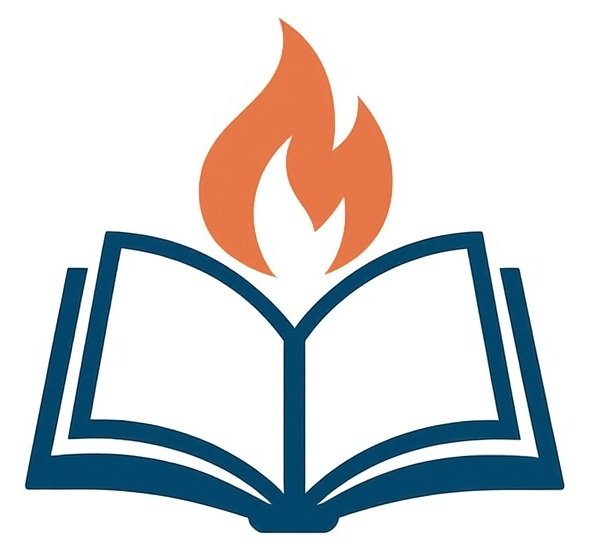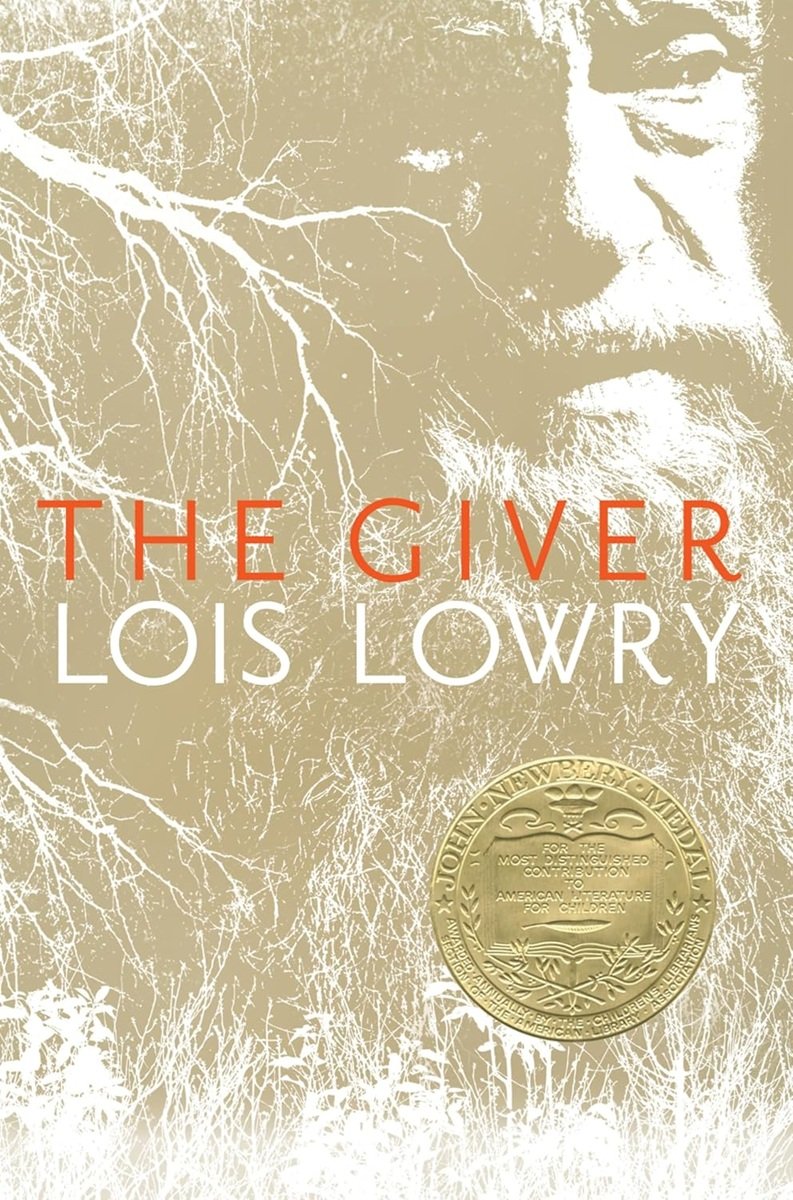The Giver by Lois Lowry is a profound dystopian novel that explores themes of memory, individuality, conformity, and freedom. Set in a tightly controlled community that has eliminated pain, fear, and choice, the story follows Jonas, a twelve year old selected to inherit the role of Receiver of Memory. Under the guidance of the Giver, Jonas uncovers the beauty and burden of human experience—love, grief, and true freedom—realizing the dark sacrifices his society has made for sameness. The novel raises powerful questions about morality, identity, and the cost of utopia, making it especially suitable for Grades 7–9.

| Title | The Giver |
| Author | Lois Lowry |
| Year Published | 1993 |
| Suitable Grade Level | Grades 7–9 (sometimes Grade 10) |
| Key Themes | – Memory and the Past: The role of memories in shaping identity and wisdom. – Individuality vs. Conformity: The dangers of enforced sameness. – Freedom of Choice: The value of making one’s own decisions. – Emotion and Humanity: How feelings define what it means to be human. – Cost of Utopia: Moral trade-offs in creating a controlled society. |
| Literary Elements | – Setting: Futuristic, controlled community lacking pain and difference. – Characterization: Jonas’s development from innocence to awareness. – Conflict: Individual vs. society; knowledge vs. ignorance. – Point of View: Third-person limited (focused on Jonas). – Symbolism: Color, the sled, light/dark imagery. – Foreshadowing: Subtle hints about the community’s hidden truths. |
| Rhetorical Devices | – Imagery: Vivid sensory detail when Jonas receives memories. – Irony: The community’s “perfection” conceals deep flaws. – Euphemism: “Release” masks the reality of death. – Allegory: Reflection of real-world debates on control, freedom, and ethics. – Repetition: Emphasizes sameness and the loss of diversity. |
| Curriculum Connections | – English Language Arts: Analysis of dystopian literature, symbolism, narrative structure. – Social Studies: Government control, ethics, and societal organization. – Philosophy/Ethics: Debates on free will, morality, human rights. – SEL (Social Emotional Learning): Empathy, choice, emotional awareness. – Core Standards: Close reading, textual analysis, theme comparison, argumentative writing. |

